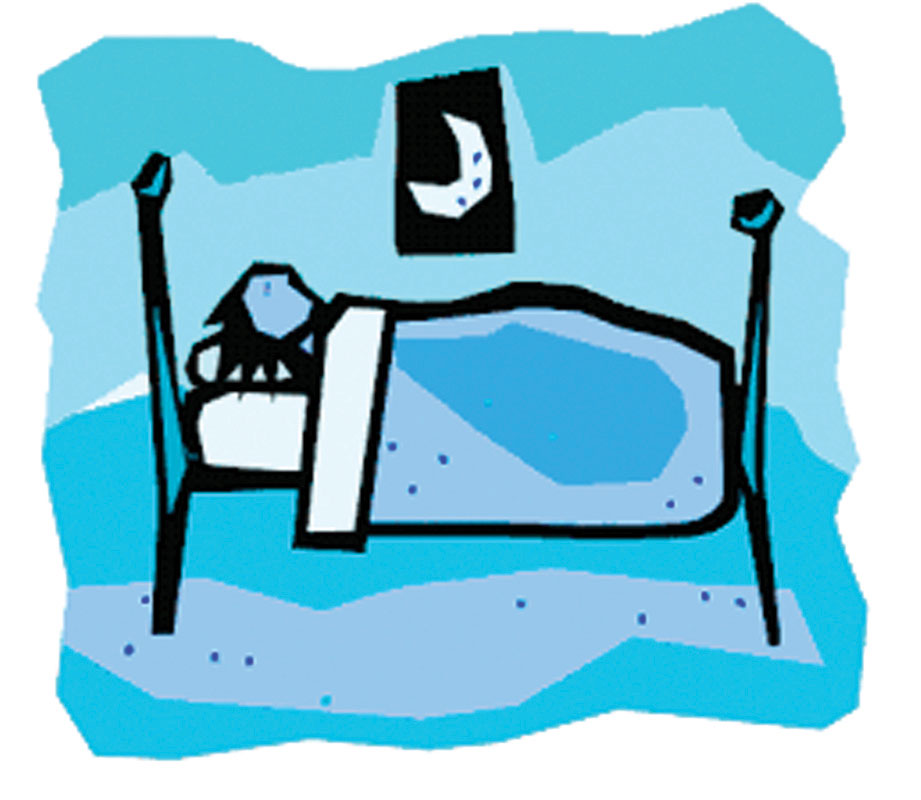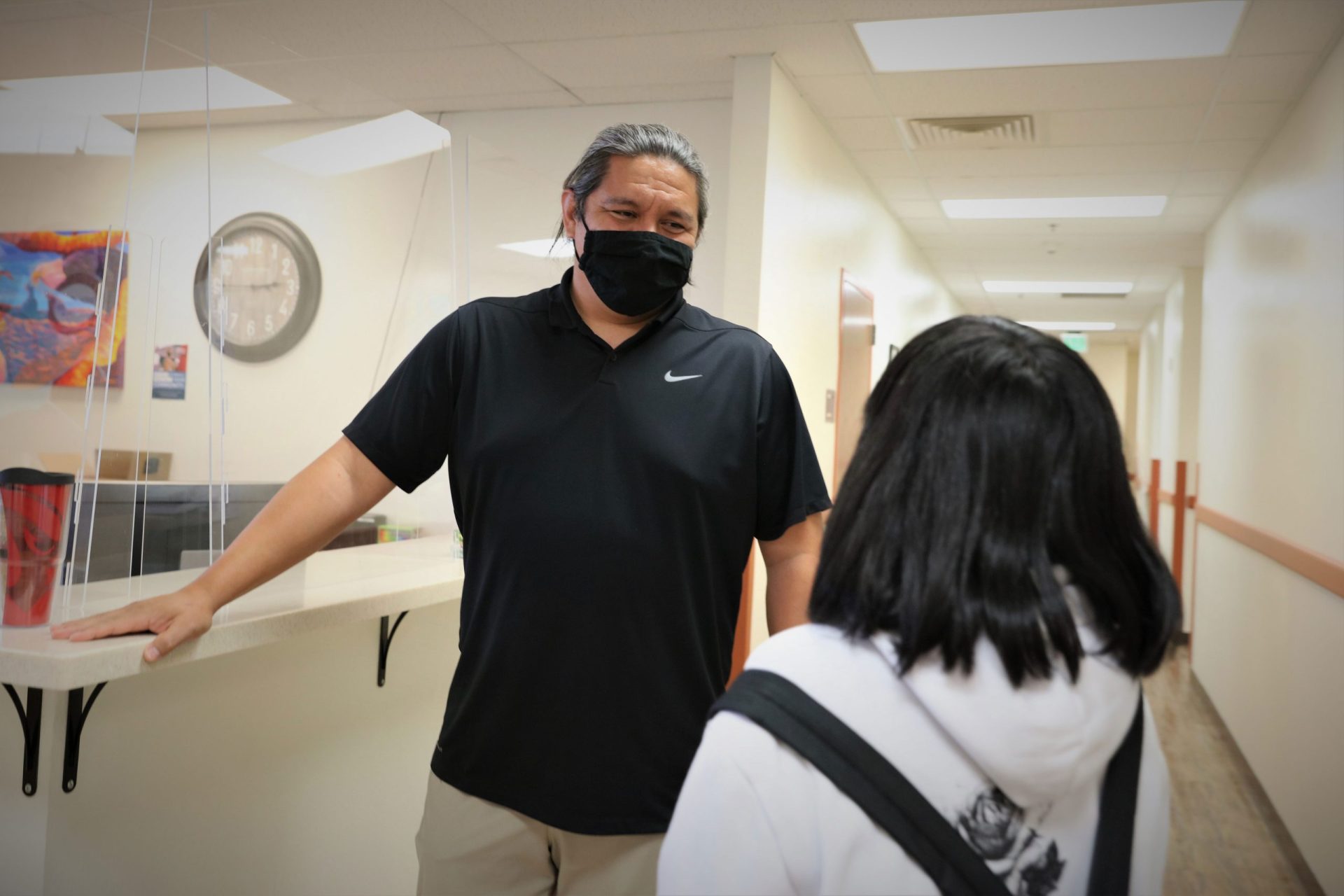VIEWS: 1536
February 13, 2020Tips to Help Prevent Allergies
This past winter, Arizona received a significant amount of rainfall. With help from this rain, and with the seasons changing, plants are growing and flowers are blooming, increasing the pollen in the air. Spring is a pleasant time for many who enjoy the various bright colors of flowers. However, it is a difficult time for individuals who suffer from seasonal allergies.
According to the U.S. Centers for Disease Control and Prevention, more than 50 million Americans suffer from seasonal allergies each year. The common symptoms include sneezing; runny, stuffy nose; watery, red or swollen eyes; and itching of the nose, eyes or roof of the mouth.
There is no specific “allergy season”; it depends on the region of the country where you live and what you are allergic to. Here in the Sonoran Desert, trees, plants and flowers start to bloom earlier than they do in colder parts of the country.
There is no permanent cure for allergies, but many different remedies can ease and help prevent the misery:
• Start taking allergy medication at least a week or two prior to the start of allergy season. The head start can make allergy season more bearable.
• Minimize outdoor activities as much as possible to avoid exposure to pollen. If possible, stay indoors during the morning and early afternoon, when the pollen count tends to be highest.
• The best time to go outside is after a nice rain, which helps clear pollen from the air.
• Avoid doing yard work such as lawn mowing or gardening. This stirs up pollen and molds that trigger allergies.
• When driving, use the air conditioning rather than opening a window for fresh air. When opening a window, you let in pollen and other allergy triggers.
• To get rid of pollen that makes its way into your home, wash bedding every week in hot water. Also, wash your hair and shower before going to bed. Pollen tends to accumulate in hair.
• When cleaning, wear a mask and gloves to limit exposure to chemicals and dust.
• Keep your indoor air clean by changing air conditioning filters frequently. Indoor allergens include pet dander, dust mites and mold.
• Keep your indoor air dry with a dehumidifier.
• Do not hang laundry outside. Pollen can stick to sheets and towels.
• Finally, check the daily weather report for pollen forecasts and current pollen levels.






